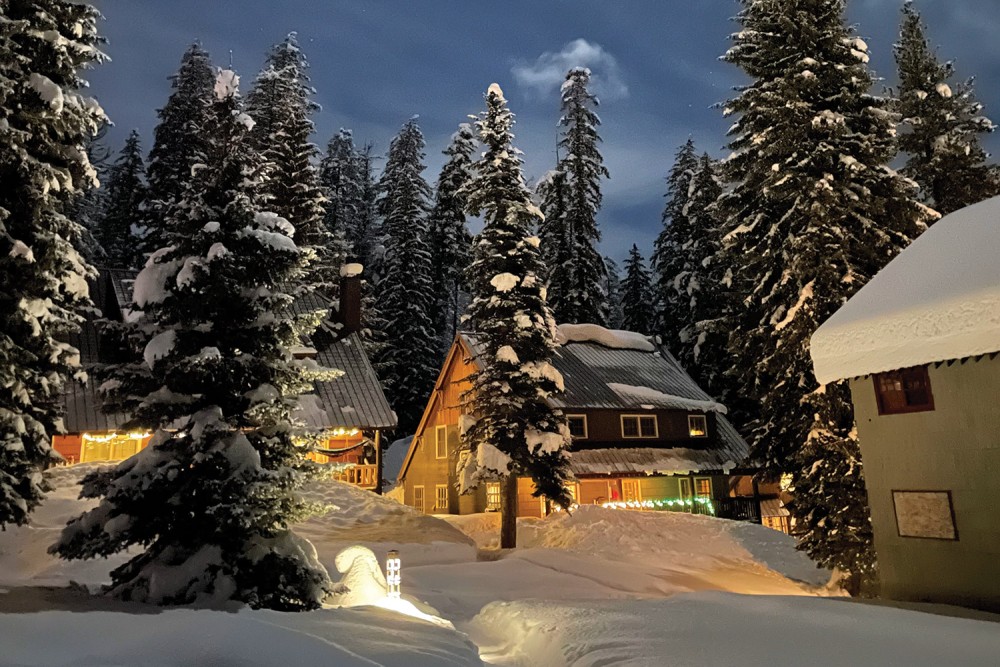Learning to see the planet as gift
At Holden Village, a Lutheran retreat center nestled deep in the Cascades, I asked my students to consider their vocation in light of the Anthropocene.

Holden Village, a Lutheran retreat center in the mountains of Washington State (Photo by Benjamin Stewart)
I’ve returned to Holden Village with our campus pastor and 17 college students. They still look a bit tired after our 44-hour trip—by train from Chicago to central Washington, then by bus following the Columbia River, then by boat up Lake Chelan (where students lost cell service for the next three weeks), and then by a school bus named Jubilee up 2,000 feet and around nine switchbacks before disembarking into this remote Lutheran retreat center and intentional community, nestled deep in the Upper Cascades. Tired, yes, but also eager—here on our first day of class, sitting in a circle of quilt-donned captain chairs in the fireside room.
The course is called “Creator, Creation, and Calling.” Before the month ends, students will discuss books on eco-theology and write liturgical prayers for the healing of ecosystems. They’ll tour the hydroelectric plant and hoist garbage cans full of food scraps into Thelma and Louise, two gigantic cylinder compost bins, during their garbology shifts. They’ll also reflect on who they are and the work to which they feel called—especially now, in the Anthropocene, this geological age of human-induced climate change and ecological degradation. Although the syllabus doesn’t put it this way, I’ve come to think that the primary learning goal for the course is to see and treat our planet as gift, a gift that elicits not only gratitude but also the discipleship of care, attention, and giving back what we can to the earth.
Gift is something of a controlling metaphor for the village’s self-understanding. Surprising Gift, Charles Lutz’s 1987 book about Holden, is still placed in every guest room like a Gideon Bible. It begins by recounting how the Howe Sound Mining Company gifted the deserted village to the Lutheran Bible Institute in Seattle after copper prices fell and the mine closed in the 1950s. It notes that life in the village is made possible by gifts of labor by countless volunteers. Lutz then names the capital-g Gift making these other gifts possible—“the Gospel, the story of divine giving, unearned and unconditional, to humankind.”





